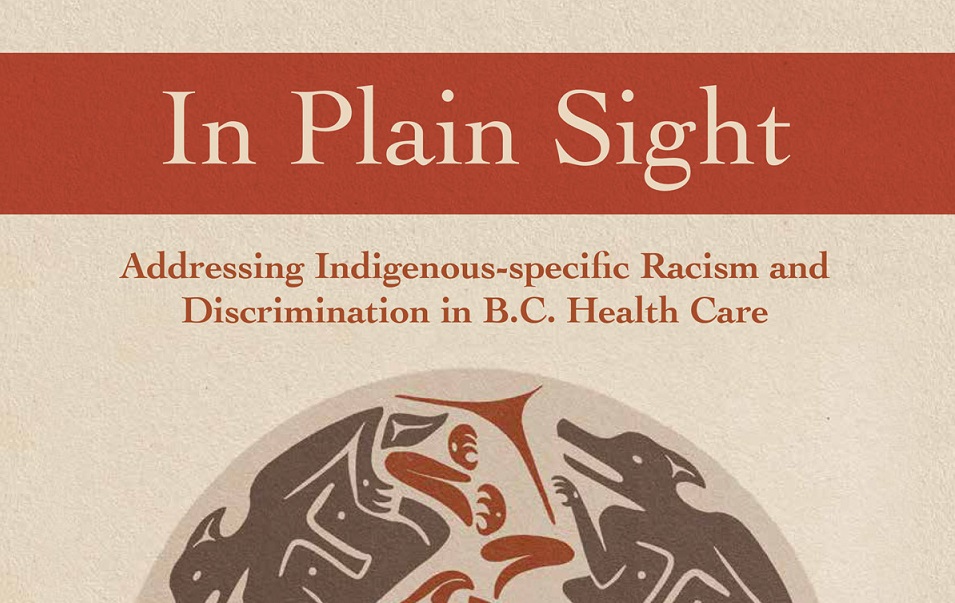
During my research for my final project, I came across this website that offers a few resources related to equity, diversity and inclusion in health. This website is robust in its resources, including but not limited to: journal articles, open access databases, report from the Royal Commission on Aboriginal Peoples, a collection of Indigenous health related digital artifacts, links to the Truth and Reconciliation Commission report, and links to the UN declaration on the Rights of Indigenous Peoples.


